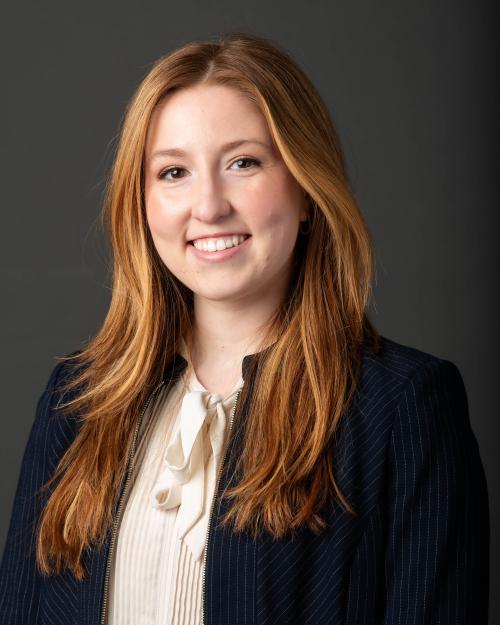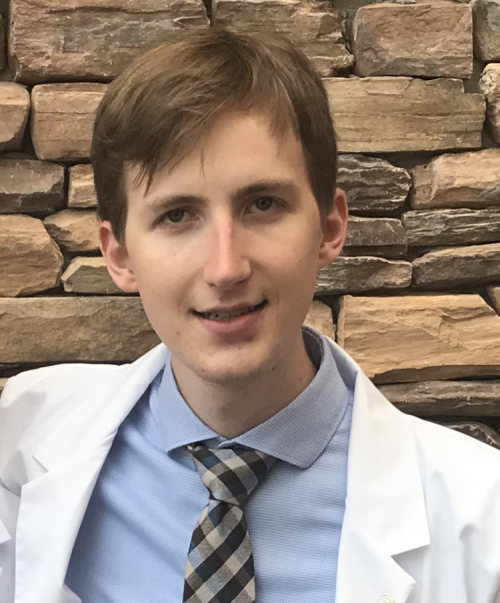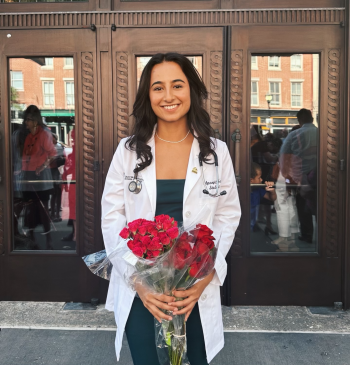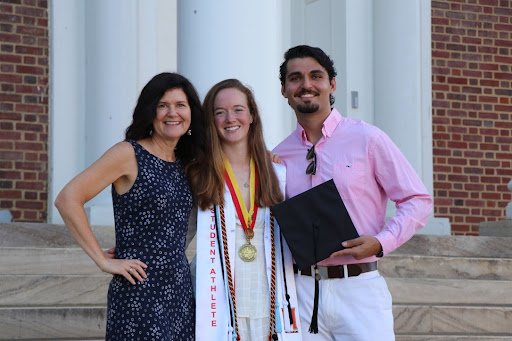Medicine is the practice of the diagnosis, treatment and prevention of disease. A career in medicine is rigorous yet rewarding and offers clinicians the opportunity to practice in hundreds of specialties and in different clinical environments. Doctors can be found in hospitals, rehabilitation facilities, the government (and/or military), private practices, in the lab, etc. For more information on physician opportunities and job statistics, please see the Bureau of Labor Statistics: Occupational Outlook Handbook.
Types of Medicine
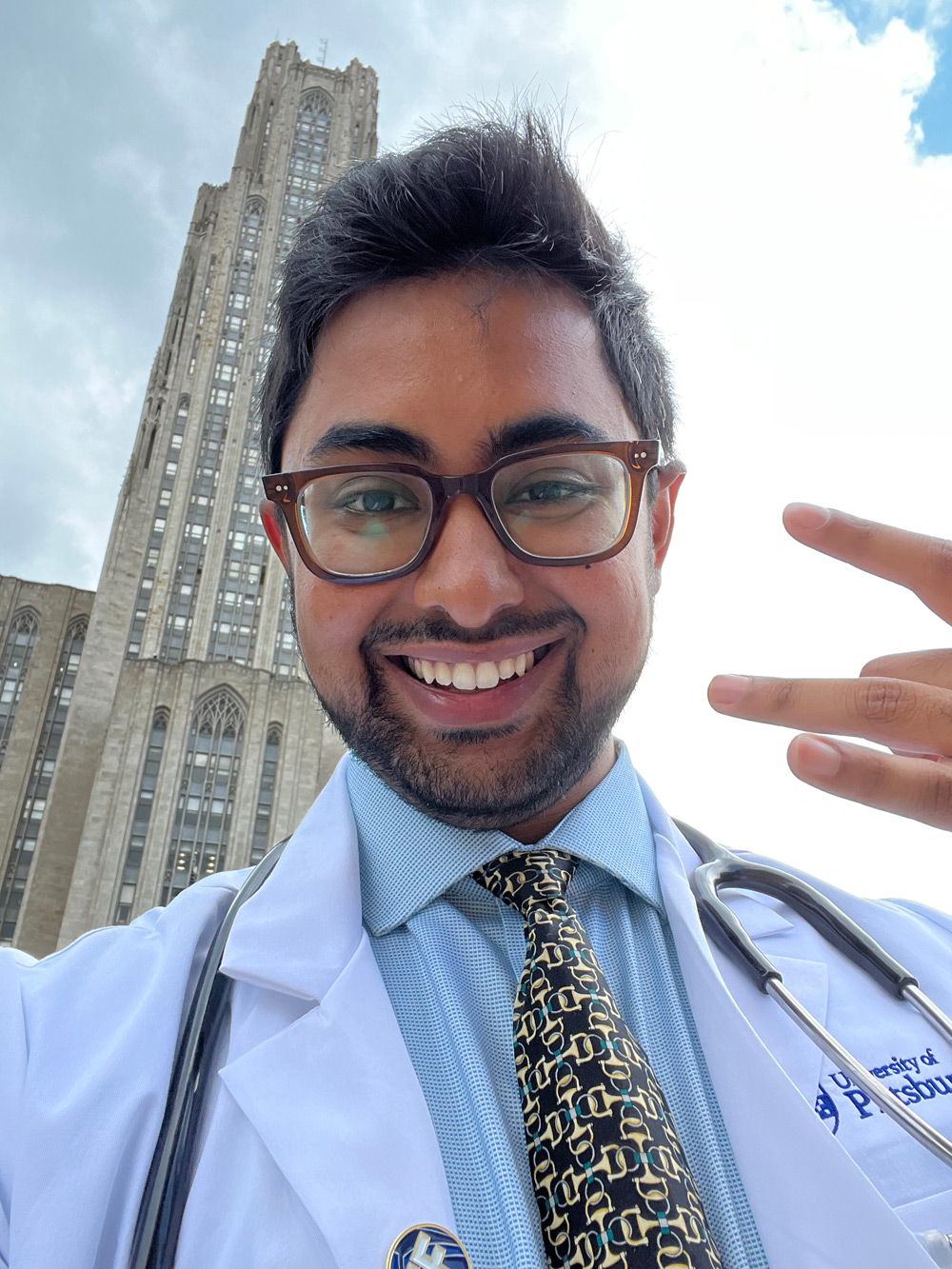 Allopathic medical schools award the M.D. degree after four years of study. The first two years typically consist of foundational science courses and their application to the study of medicine. The final two years are more patient-focused and the student is exposed to a variety of specialties within the medical field. Following graduation, students undergo more advanced, specialized training through a residency program in a field of their choice, typically between 3-8 years. Depending on the specialty, a fellowship may be required.
Allopathic medical schools award the M.D. degree after four years of study. The first two years typically consist of foundational science courses and their application to the study of medicine. The final two years are more patient-focused and the student is exposed to a variety of specialties within the medical field. Following graduation, students undergo more advanced, specialized training through a residency program in a field of their choice, typically between 3-8 years. Depending on the specialty, a fellowship may be required.
Osteopathic medical schools award the D.O. degree after four years of study. Osteopathic physicians consider the whole person, including physical, emotional, and spiritual components. They also use a hands-on system of diagnosis and treatment known as osteopathic manipulative medicine. They work in partnership with their patients to help each individual maintain their health. And they can specialize in any medical field, practice the full scope of modern medicine, complete important medical research, advise policymakers, and contribute to societal health and well-being in many ways.
Students interested in keeping a broad range of options open should research osteopathic medicine. It is also important to know that admission to osteopathic programs, while competitive, is often possible for students whose grades and especially test scores are slightly below those of students generally competitive for allopathic admission.
Dual-Degree Programs
Some of the most popular dual-degree programs are MD/PhD and DO/PhD programs. These programs are ideal for highly motivated individuals who will be trained as both excellent clinicians and scientists with a comprehensive understanding of the fundamental mechanisms underlying disease processes. Regardless of where physician-scientists end up, they will spend equal (and often times more) time doing research than seeing patients. It is a busy, challenging, and hugely rewarding career that offers opportunities to do good by advancing knowledge, developing new treatments, and pushing back the boundaries of the unknown.
Becoming a doctor is a long, reflective, challenging, and rewarding process. In order to become a practicing physician, you must:
- Earn an undergraduate degree and complete all medical school prerequisites
- Take the Medical College Admissions Test (MCAT)
- Earn your medical school degree (4 years)
- Complete residency training in your desired field (3-7 years)
- Potentially complete a fellowship in a sub-specialty area (1-3 years)
PLEASE NOTE: The above requirements/recommendations apply to a majority of allopathic and osteopathic medical schools; however, please reference the AAMC Medical School Admissions Requirements and Choose DO Explorer for school-specific course requirements, including humanities and social sciences required by some programs. Calculus/Math and Statistics requirements/recommendations vary by school. Medical schools also have varying policies regarding AP credit, so check school websites to confirm AP policies.
Pro Tips:
-
Refer to 4yearplans.umd.edu for specific guidance on how to proceed through these courses while creating your 4-year plan.
-
Be sure to take the MATH and PHYS courses required for your academic major. Eight semester hours of Physics with two labs is the requirement.
-
Schools generally require a minimum of a C (not a C-) in all prerequisite courses.
- There are many Minors that cover topics critical to expanding understanding of the various determinants of health. Coursework related to Diversity, Equity, and Inclusion can be helpful in developing cultural awareness, cultural humility, and an understanding of systemic discrimination in the health care system. Even if your academic plan does not permit adding a minor, it is worth reviewing the curated course lists for courses that will stretch you, increase your language for difference and disparity, show your intellectual curiosity, and improve your critical reasoning skills.
- At least 10-12 months long-term clinical experience. Common clinical experiences include:
- Shadowing: This is often the first step in deciding if a career in medicine is right for you. You can gain familiarity and comfort with different clinical environments and speak to physicians about the realities of their everyday work.
- Scribing:These paid positions enable you to work alongside physicians while documenting findings from patient exams and assessments. Scribing allows you to observe doctor-patient interactions and familiarize yourself with medical terminology.
- Emergency Medical Technician (EMT):Working as an EMT allows for extensive exposure to patients. Although EMTs do not observe doctor-patient interactions, they learn many aspects of medical care and often develop excellent cultural competence and collaborative skills.
- Medical Assistant: MA positions generally blend administrative and clinical duties, and usually provide opportunities to interact with both doctors and patients. Many offices will train you internally and do not require formal training or certifications.
- Hospital/Clinic Volunteering
- At least 1 year long-term community service work
- Medical schools look for substantive, longitudinal service experiences (a minimum of 10-12 months) that show a commitment to your community and a curiosity about the lived experiences of others. Successful applicants generally engage in both clinical and non-clinical service
- At least 1 semester of research experience
- Although research is not an official requirement for most medical schools, the majority of successful applicants have engaged in clinical or academic research. Research exposure should:
- give you an appreciation for the research process (which is often non-linear and requires patience and adaptability)
- help you develop core competencies such as critical thinking, quantitative reasoning, and teamwork
- enable you to show your intellectual curiosity
- Although research is not an official requirement for most medical schools, the majority of successful applicants have engaged in clinical or academic research. Research exposure should:
Allopathic Medicine
- Association of American Medical Colleges
- Aspiring Docs
- American Medical College Application Service
- Medical School Admission Requirements (MSAR)
- AAMC Admissions Trends
Osteopathic Medicine
MD/PhD Programs
- Graduate Research, Education, and Training (GREAT) Group
- American Physician Scientists Association
- MD/PhD Summer Programs
Resources for Underrepresented Groups
Additional Web Resources
MCAT Resources
The HPAO maintains a list of alums who are currently in medical school and have agreed to serve as a reference for future applicants. Students should contact the HPAO to gain access to the list.
Considering a gap year? Wondering about what you should do or pursue? The HPAO has gathered responses from students who are currently undertaking or have undertaken a gap year. View what they did, what they learned, pros and cons, etc.
There is no universal "right" time to apply to medical school; the best time to apply is when you have fully interrogated your motivation for a career in medicine and are positioned to submit a well-rounded and competitive application. Students who wish to matriculate to medical school immediately after graduation should have all aspects of their application completed by the June following their junior year. Students who take a gap year will apply the June following their senior year.
Please work with HPAO to help understand your competitiveness and determine the best timeline for you. Our advisors will encourage you to consider:
1. Are your metrics competitive? Do you need additional coursework or MCAT prep time to bolster your metrics?
2. Have you interrogated your motivation for medicine and shown your commitment to this career path through substantive clinical experiences?
3. Have you invested in your community, developed cultural competence, and shown interest in the lived experiences of others through longitudinal service?
4. How have you engaged with scientific inquiry and knowledge production through research?
5. Have you created and maintained relationships with professors or former clinical/volunteer supervisors for Letters of Recommendation?
6. Have you confirmed that you meet or exceed the competencies expected by medical schools?
7. Will you have time to complete all aspects of your application (including studying and sitting for the MCAT while fulfilling your academic and extracurricular obligations?
8. Are you aware of the costs associated with applying to medical schools?
Students don't always initially plan for a gap year; however, the extra time can be very beneficial. A gap year allows for such things as additional MCAT preparation, longitudinal service, clinical and research experiences, personal enrichment, and rest. Many of our medical students are grateful in retrospect that they took an extra year before diving into another academically intense experience!
The University of Maryland School of Medicine, A. James Clark School of Engineering, and College of Computer, Mathematical, and Natural Sciences have developed a B.S.-M.D. program that will prepare students to excel in medical school. This highly competitive program, which involves service, clinical, and research experiences, is open to students majoring in Engineering, Computer Science, or Math.
Students interested in this program apply by June 1 following their first year at UMD.
Please see the B.S.-M.D. website for details.
The Pathways Program has been established to provide eligible students from UMD with a guaranteed interview at Meritus School of Osteopathic Medicine, provided they meet defined academic and admissions criteria. Meritus (MSOM) is the state of Maryland's only school of Osteopathic Medicine and is located in Hagerstown, MD. Please note that admission to MSOM is not guaranteed as part of this program.
MSOM may also provide MCAT preparation and DO shadowing opportunities as part of the Pathways Program. Details will be posted when available.
To be eligible for this program, students must:
1. Be currently enrolled at or have graduated within the last two years from the University of Maryland at the time of application;
2. Present an overall and science GPA of 3.3 or higher at the time of application;
3. Achieve a minimum MCAT score of 500 within the last three years (if an applicant has multiple attempts, the highest score will be considered);
4. Submit a cover memo with a recommendation letter packet from University of Maryland confirming that the applicant participated in HPAO's Committee Process;
5. Successfully complete or be on track to complete all MSOM prerequisite coursework,as published in the MSOM catalog and website prior to the start of the academic year of application;
6. Be in good academic, professional, and disciplinary standing at the University of Maryland;
7. Be a U.S. citizen or permanent resident of the United States; and
8. Meet all standard admissions requirements for MSOM's DO program, including any technical standards, as outlined in MSOM's official admissions policies.
Early Assurance programs allow for academically talented students to apply to a specific medical school in the spring of their sophomore year or fall of their junior year, depending on the program. Students who have gained the appropriate experiences (i.e. clinical, community service, and research) to confirm their decision of pursing a medical career may consider applying to one of these programs. The application process is directly between the student and the medical school; however, we strongly encourage any student contemplating early assurance to consult with an HPAO advisor prior to pursuing this path. During the early assurance application process, all documents should be submitted to the medical school and not the HPAO. Below is a sample list of early assurance programs:



